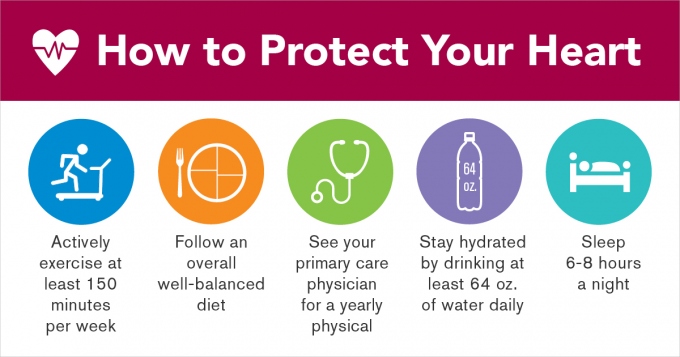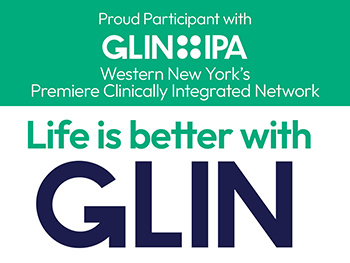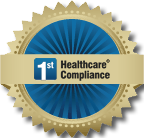More than 697,000 Americans die every year from cardiovascular disease, making it the number one killer in America. The good news: those numbers are in decline, thanks, in part, to people taking a more proactive approach to their heart health.
Dr. Brian Riegel is a cardiovascular doctor with Great Lakes Cardiovascular. Dr. Riegel says he sees more patients coming in before they have a major cardio occurrence.
“For years, men especially, would refuse to go to the doctor when they felt chest pains or other symptoms,” he said. “They would chalk it up to heartburn or some other excuse until they had a major cardiac event.”
Today he says more patients understand the value of preventative care and early detection if there is an issue.
“If a patient comes to our office with minor symptoms, it may be a sign there is an issue in its early stages. We can address it and care for the patient before it becomes a major health concern,” Dr. Riegel said.
He recommends patients, especially those who are older, or who have a family history of heart issues, be seen annually for a check-up by a cardiovascular specialist.
“It is always better to find an issue before it has advanced to a crisis stage,” he said. “The old method of waiting until you are really sick to see a doctor doesn’t work. Patients play a bigger role in their own health than ever before.”
To that end, Dr. Riegel has some advice for patients to decrease the chances of having a major cardio event.
Diet and exercise
It’s true, you really are what you eat. Obesity, living a sedentary lifestyle, and consumption of alcohol or tobacco all contribute to an increased risk for heart problems. Dr. Riegel recommends patients never smoke and keep alcohol consumption to a moderate level. Thirty minutes of exercise a day and a balanced diet also make a big difference.
Cut out the salt
Yes, this is part of diet, but it is so important for your heart health, it bears mentioning on its own. Americans eat a diet filled with processed foods loaded with sodium. On top of that, we add salt to our food. It is a recipe for a variety of health issues, including cardiovascular problems.
Manage your diabetes
If you are diabetic, or prediabetic, you are at a greater risk of having a heart attack or stroke.Follow the recommendations of your primary care doctor and specialists to properly manage your condition and limit the increased risk of a cardio event.
Know your body
High blood pressure and high cholesterol are both risk factors for heart attack and stroke. Unlike weight, you can’t easily tell when they are high. Dr. Riegel recommends having both checked to give yourself a baseline. If there is an issue, your doctor can recommend the best course of action.
To schedule an appointment with Dr. Brian Riegel at his Orchard Park or Williamsville office, call Great Lakes Cardiovascular at 716-710-8266. www.greatlakescardio.com

Image: LoyolaMedicine.org

 APPLY ONLINE TODAY!
APPLY ONLINE TODAY!




